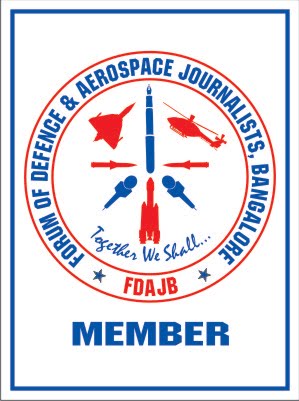(Press Release)
The Helicopter Academy to Train by Simulation of Flying (HATSOFF), the joint venture owned equally by Hindustan Aeronautics Limited (HAL) and CAE, today announced that its simulator cockpit for the civil/conventional variant of the Dhruv has arrived at the HATSOFF training centre in Bangalore following design and manufacture at CAE’s facility in Montreal, Canada.
The Dhruv simulator cockpit will now be installed and integrated with the CAE-built full-mission simulator currently in operation at HATSOFF. The simulator features CAE's revolutionary roll-on/roll-off cockpit design, which enables cockpits representing various helicopter types to be used in the simulator. The cockpit for the civil/conventional variant of the Dhruv is the second for the HATSOFF training centre, and will be ready-for-training in May 2011. The first cockpit for the simulator represents the Bell 412 helicopter. Training for Bell 412 operators commenced in July 2010.
“This is the world’s first simulator representing the indigenously developed HAL Dhruv helicopter and we are excited to begin offering simulation-based training that will undoubtedly prove to be a safe and cost-effective method for training Dhruv helicopter aircrews,” said Wg Cdr (Retd) Chandta Datt Upadhyay Vr.C., Chief Executive Officer of HATSOFF.
The CAE-built full-mission helicopter simulator at HATSOFF and the Bell 412 cockpit was certified during 2010 to Level D, the highest qualification for flight simulators, by India’s Directorate General Civil Aviation (DGCA) and the European Aviation Safety Agency (EASA). HATSOFF expects the cockpit for the civil/conventional variant of the Dhruv to be certified to Level D by the DGCA this spring. Additional cockpits for the Indian Army/Air Force variant of the HAL-built Dhruv and the Eurocopter Dauphin will be added to the HATSOFF training centre over the next year.
The HATSOFF training centre, located near HAL’s headquarters in Bangalore, also features multimedia classrooms, computer-based training, brief/debrief facilities, and a training management information system. The full-mission simulator features a common motion system, vibration platform, and visual display system, along with the four separate cockpit modules that can be used in the full-mission simulator. When a cockpit is not used in the full-mission simulator, it will be used as a fixed-based flight training device (FTD).



















